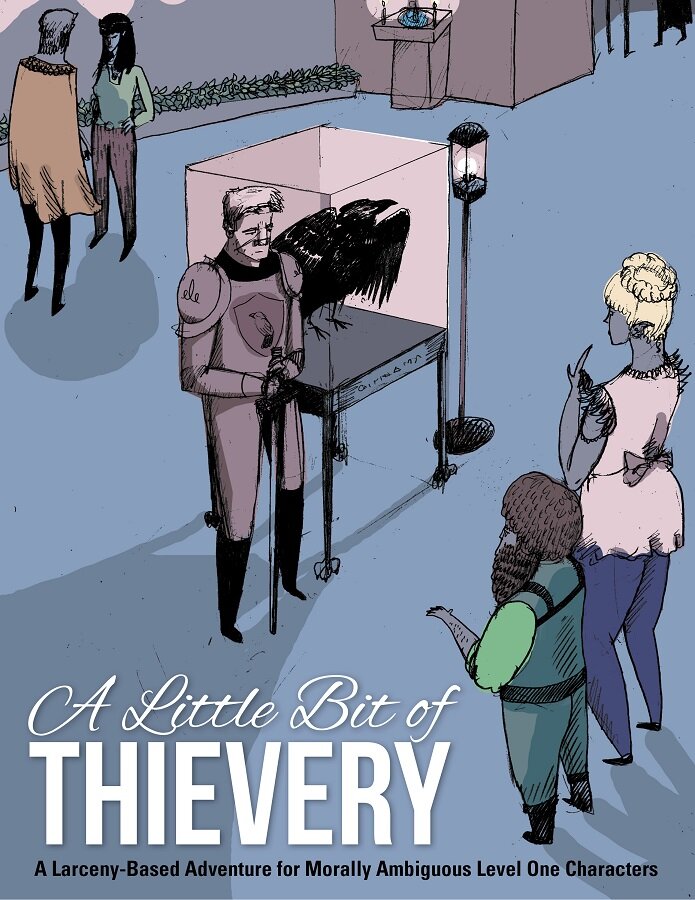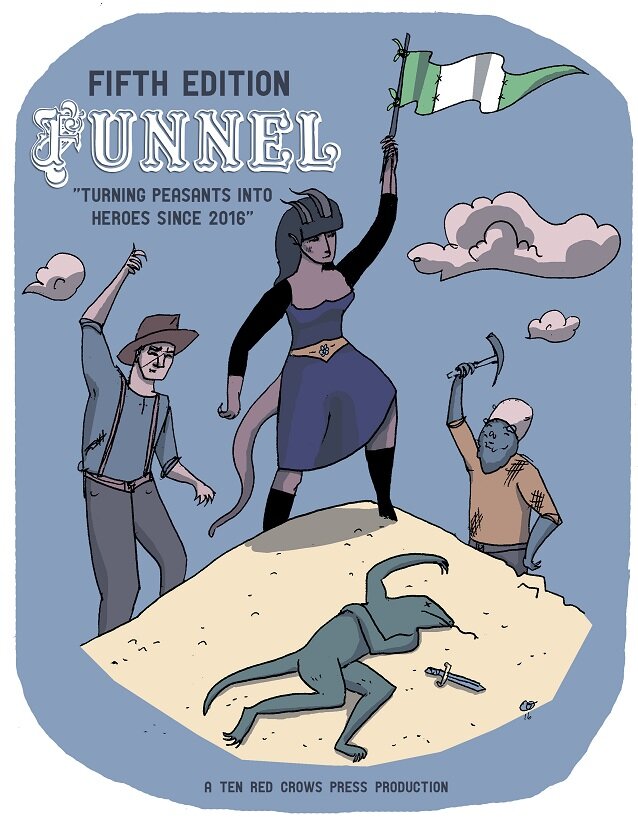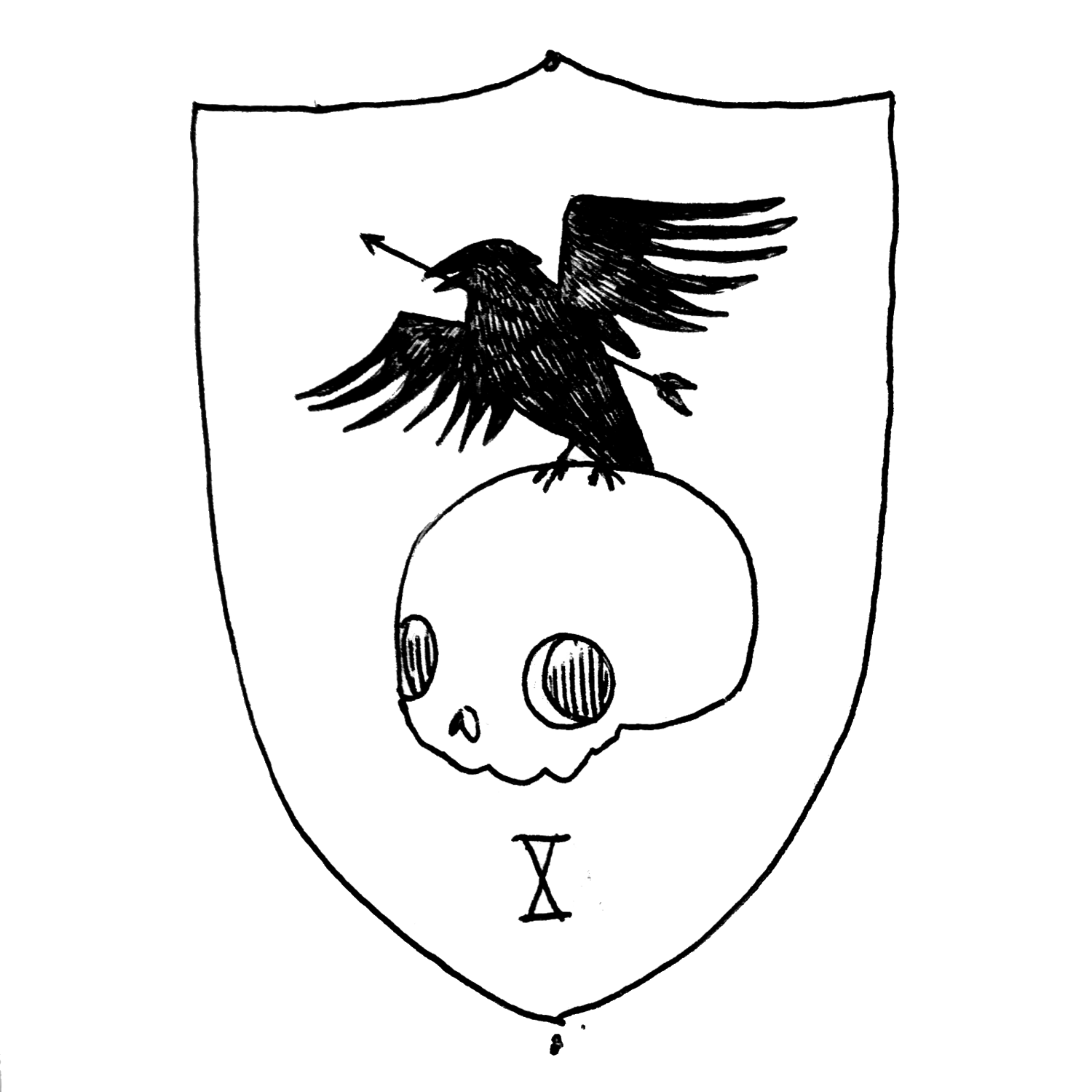Another Monomythic element Joseph Campbell identified was the Mentor. The mentor is wiser, older, and more worldly than our soon to be hero. They also offer the necessary bit of encouragement. Classic examples include Merlin in Arthurian legend, Obi Wan in Star Wars: A New Hope, Moiraine Damodred in the Wheel of Time series, and maybe even Bayaz in the First Law trilogy. Vogler in his famous missive identifies "the crusty Robert Shaw character” in Jaws as a mentor.
As a DM, you can use this mentor as a tool to provide knowledge, quests, and a safety net for low level PCs. After a few levels, the mentor can make the ultimate sacrifice to raise dramatic tension.
Knowledge
Most heroes start as young foolish mortals who have decided to leave the safety of the town for the first time in their lives. They often know very little of the world beyond their homestead. The mentor can fill in this gap by being a large warehouse of knowledge for the players, even adding the occasional cosmic overview (“...the thing about a shark, he’s got lifeless eyes. Black eyes. Like a doll’s eyes.”). Mentors never tell their heroes everything, the impatient protagonists aren’t going to listen anyway. The truth is hidden, overly simplified, or, if your father was seduced by the dark side, from a certain point of view.
As DMs we are all thrilled with our endless world crafting, but in reality players don’t care after four sentences. If the mentor is spouting pre-written lore, compress it down into into its barest elements. Think about how Obi-Wan explains the force to Luke: “The Force is what gives a Jedi his power. It's an energy field created by all living things. It surrounds us and penetrates us. It binds the galaxy together.” The Star Wars Religious Experience in sixteen seconds.
Quests
Along with knowledge the mentor can also give quests. This allows the DM to nudge players in a certain direction or even call them to adventure. Mentors can also use their knowledge to impart the importance of the quest to the PCs. For example, Obi Wan gets tapped for a quest to save a princess, and then drags Luke, Han, and Chewie to go along with him. Moiraine requests that Rand, Matrim, and Perrin travel to the White Tower with her. The forest spirit tells Logan to meet with Bayaz.
As a DM you need to be careful to ensure that your wizened mentor isn’t running the show. While they can offer initial quests, their influence wanes as the heroes grow in strength and knowledge. They shouldn’t be telling high level heroes what to do.
Safety Net
Low level heroes are idiots. Time and time again they go off into the wilderness only to come tumbling back, bloodied, broken, and bruised. Sometimes our characters even need to be rescued. Strangely enough, mentors often have just enough magic to save everyone from certain destruction. Obi-wan saves Luke from the Tusken Raiders with a call from Krayt Dragon. Moiraine saves the town of Edmond’s Field from Trollocs with a well placed “ball of fire”. How many times does Gandalf save… everyone?
While a mentor can save the low-level party from a TPK, remember that he or she won’t always be around to protect the party. At some point they will stand against the darkness alone.
Increasing Dramatic Tension
So for the first 5-8 levels, the mentor has been aiding our adventures. Saving their butts when the adventure got too real, asking them to keep the dark lord imprisoned, and dropping the occasional, if obfuscated, knowledge bomb (“Dude, Vader totally killed your father…”). Hopefully your characters have come to know and respect their mentor as a friend and a honored member of the adventuring party. So far so good.
Now, if you are familiar with all of the examples that I have been spouting, what happens to all of them?
Obi-Wan: Slain in a duel with Vader
Moiraine: Presumed dead after a fight with Lanfear
Quint: Eaten by Jaws.
Gandalf: Dies fighting a Balrog.
Merlin: Beheaded or disappears, depending on the tale.
Half way through the story, the mentor is killed by agents of Darkness. Although their spirit may live on to spout lore (from a certain point of view) or the mentor may even get resurrected, but for now the heroes going to have to face the darkness alone.
If you use a mentor, this is an utterly important step. Remember the adventure is about the heroes not the mentor, and like the flamboyant Mercutio, she or he cannot be more fun than the PCs. Use this to your full advantage. The death of a mentor should increase dramatic tension and provide meaning. Gandalf’s fight with Balrog, Obi-Wan’s with Vader, and Moiraine’s with Lanfear are all excellent examples of this. The mentor makes the ultimate sacrifice because they truly believe in the heroes.
Pulling it all together
Although not required for a good campaign, this is an expected trope, and stories can feel empty without someone filling this role. If used with care, an NPC mentor can enhance the game at lower levels, and ultimately increase the dramatic tension in the story. Here are a guidelines to follow when using a mentor:
- While the mentor can be more powerful than the heroes, the he or she shouldn’t steal the spotlight
- Avoid long winded speeches. Keep pre-written lore to a minimum and don’t flesh it out. This allows the story flexibility to bend to player agency.
- Mentors should only be for low level characters, once the players get past Level 5 or so (in D&D 5e) the mentor should take a reduced role.
- The mentors should be respected by the PCs, this may not be time for a “bumbling” character
- These are just guidelines, bend and break the trope and see what happens.
The Final Bits: Variations on a Theme
Once you understand the role of the mentor in a heroic story, you can begin to play with trope. Maybe you can collude with a PC (who starts a few levels higher) who acts as the Mentor to the rest of the party. If they sacrifice themselves for the party, their death would be ultimately more dramatic than the death of an NPC.
Or maybe, the mentor is only interested in using the PCs as pawns in their schemes (Bayaz from the First Law series is a good example of this). How are the PCs going to feel if, time and time again they saved the Mentor, only to be wrapped up in his schemes for power?
Playing against the expectations this trope provides can be just as dramatically powerful fulfilling them.




